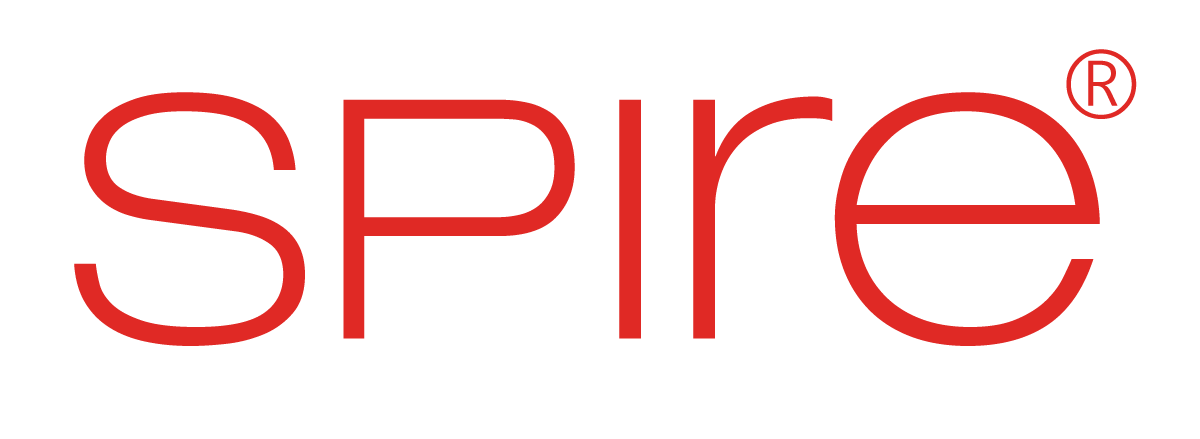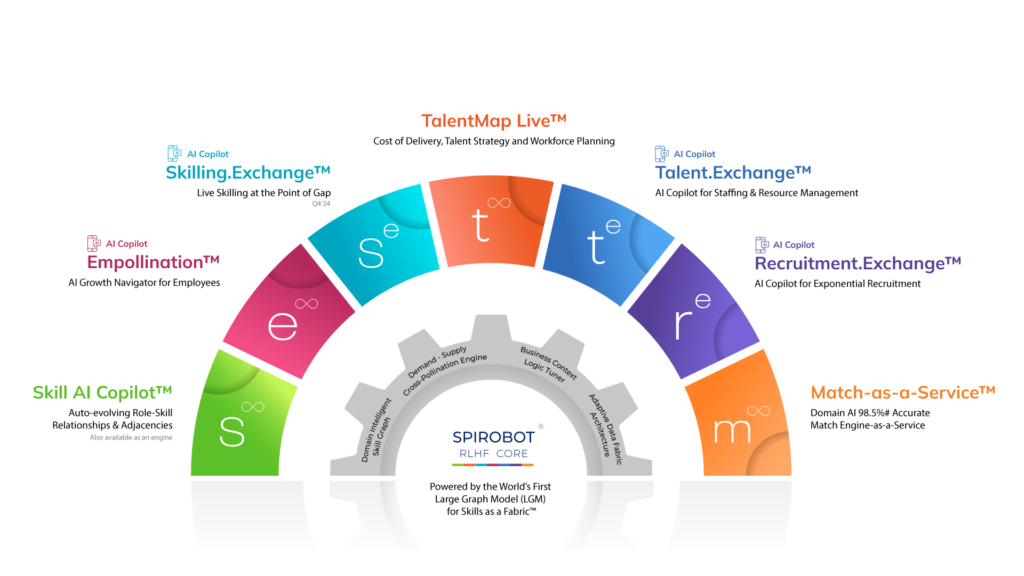The business ecosystem is continuously evolving. New technologies emerge, industries evolve, and the skills needed to succeed change. In this dynamic environment, organizations need to ensure their workforce possesses the capabilities to thrive. This is where skills management software comes in—a powerful tool that can unleash the full potential of your talent.
Understanding the Benefits of Skills Management Software
Skills management software goes beyond simply documenting employee experience. It provides a comprehensive view of your workforce’s skillsets, allowing you to identify strengths, weaknesses, and development opportunities. Here’s how it empowers organizations:
Identifying Skill Gaps and Strengths
Pinpoint critical skills needed for success and compare them to existing skill sets. This uncovers areas where employees excel and identify gaps that need to be addressed through training or hiring.
Building Personalized Development Plans
With a clear understanding of individual strengths and weaknesses, skills management software empowers you to create targeted development plans for each employee. This paves the way for their growth and development, ensuring training programs are relevant and directly contribute to their and the company’s growth.
Facilitating Continuous Learning
To encourage a culture of continuous learning, provide employees with easy access to learning resources aligned with their development goals. Skills management software can play a crucial role in this process by not only identifying skill gaps but also recommending relevant learning resources. This approach enhances employee engagement and ensures that training programs are directly linked to individual and organizational growth.
Streamlining Performance Management
Skills management software provides data-driven insights that can be used to create objective performance evaluations. This fosters transparency and reassures employees about how their skills contribute to organizational goals, making the performance management process more efficient and effective.
Choosing the Right Skills Management Software for Your Business
What should Your Skill Management Software Offer?
1. Skills Inventory Management
2. Assisted Career Paths
3. Internal Job Mobility Acceleration
4. Learning Management Integration
5. Performance Feedback and Goal Setting
Selecting the ideal skills management software is crucial for unlocking the full potential of your talent development initiatives. Here’s a deeper dive into the key functionalities to consider, along with additional factors to ensure the chosen tool aligns perfectly with your organization’s needs:
-
Skills Inventory Management
Look for a platform that goes beyond basic skills listing. Consider features like:
Role-Skill Frameworks: A standardized framework for categorizing skills ensures consistency across departments and facilitates data analysis.
Skill Self-Assessment & Validation: Empower employees to self-report skills while allowing managers to validate and add their insights.
Skill Proficiency Levels: For a more nuanced understanding, categorize skills by proficiency (e.g., proficient, advanced, and expert).
Skills Gap Analysis: The software should automatically identify discrepancies between required and existing skills, highlighting areas for training or hiring.
-
Assisted Career Paths
Move beyond static career ladders. Look for a tool that offers:
Dynamic Career Path Mapping: Visualize potential career paths within the organization based on individual skills and interests.
Skills-Based Learning Recommendations: Recommend specific learning resources aligned with individual development goals and identify skill gaps.
Mentorship Matching: Facilitate connections between employees and mentors based on shared skills and career aspirations.
-
Internal Job Mobility Acceleration
Empower your workforce to grow within the company by considering features like:
Internal Job Matching: Match employees with open positions based on their skill sets and career goals.
Skills-Based Job Descriptions: Clearly outline the required skills for each open position, ensuring a perfect fit.
Internal Talent Pool Management: Create a centralized pool of available internal candidates for open positions.
-
Learning Management Integration
Seamless integration with your Learning Management System (LMS) is essential for:
Single Source of Truth: Ensure both platforms have consistent skills data and learning resources.
Learning Path Creation: Build customized learning paths combining formal training and on-the-job experiences.
Progress Tracking: Track employee progress toward development goals and measure the effectiveness of learning programs.
-
Performance Feedback and Goal Setting
Align development efforts with overall performance by considering the following:
Skill-Based Goal Setting: Set development goals directly linked to specific skills required for success in each role.
Performance Reviews with Skills Data: Integrate skills data into performance reviews to provide a more comprehensive picture of employee contributions.
Feedback on Skill Development: Offer opportunities for managers to provide ongoing feedback on skill development progress.
-
Additional Considerations
Before diving into specific software options, take some time to assess your organization’s unique needs. Consider factors such as:
- Company Size and Structure: The needs of a small startup will differ significantly from those of a large enterprise.
- Industry and Skill Sets: The specific skill required will vary depending on your industry.
- As the business landscape evolves, so do the skills required for success. Investing in skills management software is a short-term solution and a strategic move to future-proof your talent development. While the initial investment may seem significant, it’s essential to consider the long-term benefits. Skills management software can improve talent development, reduce turnover, and increase productivity, leading to a significant return on investment (ROI).
By carefully considering these core functionalities, additional factors, and your specific needs, you can select the skills management software that adapts to your unique requirements, empowering you to unlock the full potential of your workforce.
Dive Deeper into the World of Skills Management Software With Spire.AI
Spire.AI Copilot for Talent stands out as an AI-powered skills management software that propels organizations to become Skills-Based Organizations (SBOs). SBO are organizations that prioritize skills development and management as a strategic imperative. Our platform offers unique and comprehensive features to help you achieve your talent development goals and transition to an SBO model, where skills are the currency of success.
Here’s how Spire.AI can elevate your skills management strategy:
Auto-Evolving Role-Skill Framework
Our AI engine automatically identifies the complex skill mixes required for each role within your organization. This ensures you clearly understand the skills needed for success at all levels. This auto-evolving role-skill framework is a single source of truth for organizational skills for all roles.
Automatic AI-generated Employee Skill Profiles
Spire.AI creates detailed skill profiles for your employees, even with minimal input, such as job titles. This eliminates the need for lengthy skill assessments and manual data entry and provides valuable and tangible insights into your workforce capabilities. It’s important to note that the AI in our software is designed to assist, not replace, human judgment. Our AI-generated skill profiles are based on employee self-assessment, manager validation, and data analysis, ensuring accuracy and reliability. You can accurately generate employee skill profiles for more than 83% of your workforce.
With Spire.AI, you can accurately generate employee skill profiles for more than 83% of your workforce.
Career Path Simulation and Reskilling Recommendations
Spire.AI empowers employees to explore career paths within the organization. We recommend precise upskilling and reskilling opportunities to help them achieve their aspirations that align with company goals.
Talent Marketplace
Our AI-assisted platform fosters internal mobility by connecting employees with relevant job opportunities within the company. This increases employee engagement and promotes internal talent development. Organizations have witnessed an increased internal mobility from 21% to 56%.
Talent Acquisition
Spire.AI streamlines the recruitment process by automatically identifying qualified candidates based on their skills. Our recruitment solution, REX, identifies more than just the top candidates for each role based on simple rule-based and keyword matching. It goes beyond and intelligently sorts the profiles to handpick the experts quickly and provides a comprehensive view of the candidates’ profile and skill expertise. This reduces time-to-hire and ensures you attract top talent with the right skill sets. With a solution like Spire.AI, you can minimize cost-per-hire from $4000 to $1600, which translates to a 75% reduction in hiring costs.
With a solution like Spire.AI, you can minimize cost-per-hire from $4000 to $1600, which translates to a 75% reduction in hiring costs.
The Future of Skills Management: Trends and Innovations
The future of skills management is brimming with exciting possibilities driven by automation and artificial intelligence (AI). Here’s a glimpse into what lies ahead:
Hyper-Personalized Learning
AI will personalize learning experiences to an unprecedented degree. Imagine intelligent systems analyzing individual skill gaps, learning styles, and career aspirations to curate the most effective learning pathways. This could involve a combination of microlearning modules, personalized coaching, and AI-powered simulations, all tailored to each employee’s unique needs.
Predictive Skills Analytics
AI will identify skill gaps and predict future requirements based on industry trends, technological advancements, and your organization’s strategic goals. This proactive approach allows you to proactively anticipate future needs and develop your workforce’s capabilities.
Automated Reskilling and Upskilling
Gone are the days of generic training programs. AI will recommend and even automate reskilling and upskilling initiatives. Imagine an intelligent system dynamically creating personalized learning paths that integrate microlearning modules, adaptive assessments, and on-the-job experiences to ensure employees acquire the skills needed to excel.
The Rise of the Skills Cloud
The concept of a talent marketplace within an organization will evolve into a broader “Skills Cloud.” This cloud-based platform will connect individuals with relevant learning resources, job opportunities (both internal and external), and mentorship opportunities across a vast network of organizations. This fosters a dynamic ecosystem for continuous learning and career development, even beyond the confines of a single company.
AI-Powered Talent Acquisition
Recruitment will become laser-focused on identifying the right skills. AI-powered talent acquisition systems will scour vast pools of candidates, not just for resumes matching keywords but for individuals with the precise skill sets needed for success. This will significantly reduce time-to-hire and ensure you attract top talent with the most relevant capabilities.
These advancements in skills management powered by automation and AI will revolutionize how organizations manage and develop their talent. By embracing these trends, you can create a future-proof workforce that is adaptable, skilled, and ready to thrive in a constantly evolving environment.
Get Started on Your Skills Management Journey Today!
The future of work is here, and it demands a workforce equipped with the right skills to succeed. Investing in skills management software is not just about keeping up; it’s about gaining a competitive edge.
This blog post has explored the numerous benefits of skills management software, from identifying skill gaps and building personalized development plans to facilitating continuous learning and streamlining performance management. We’ve also delved into the key functionalities to consider when choosing the right tool for your organization, ensuring it aligns perfectly with your unique needs and future goals.
The landscape of skills management is rapidly evolving, driven by powerful AI and automation technologies. By implementing a robust skills management solution today, you’re not just investing in your employees’ development – you’re investing in your organization’s future.
Take the first step towards a future-proof workforce. Embrace skills management software and empower your talent to level up and achieve their full potential.






